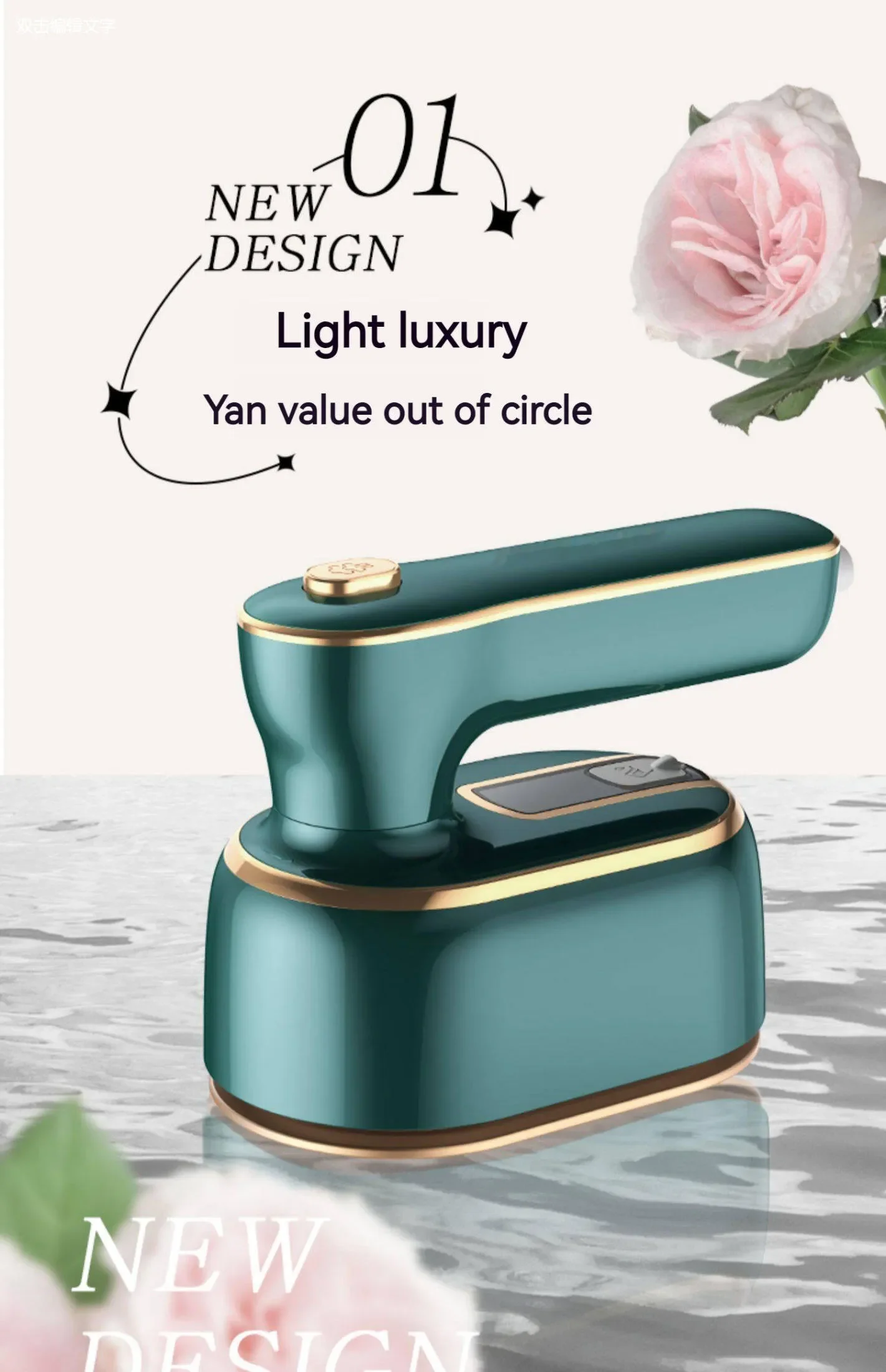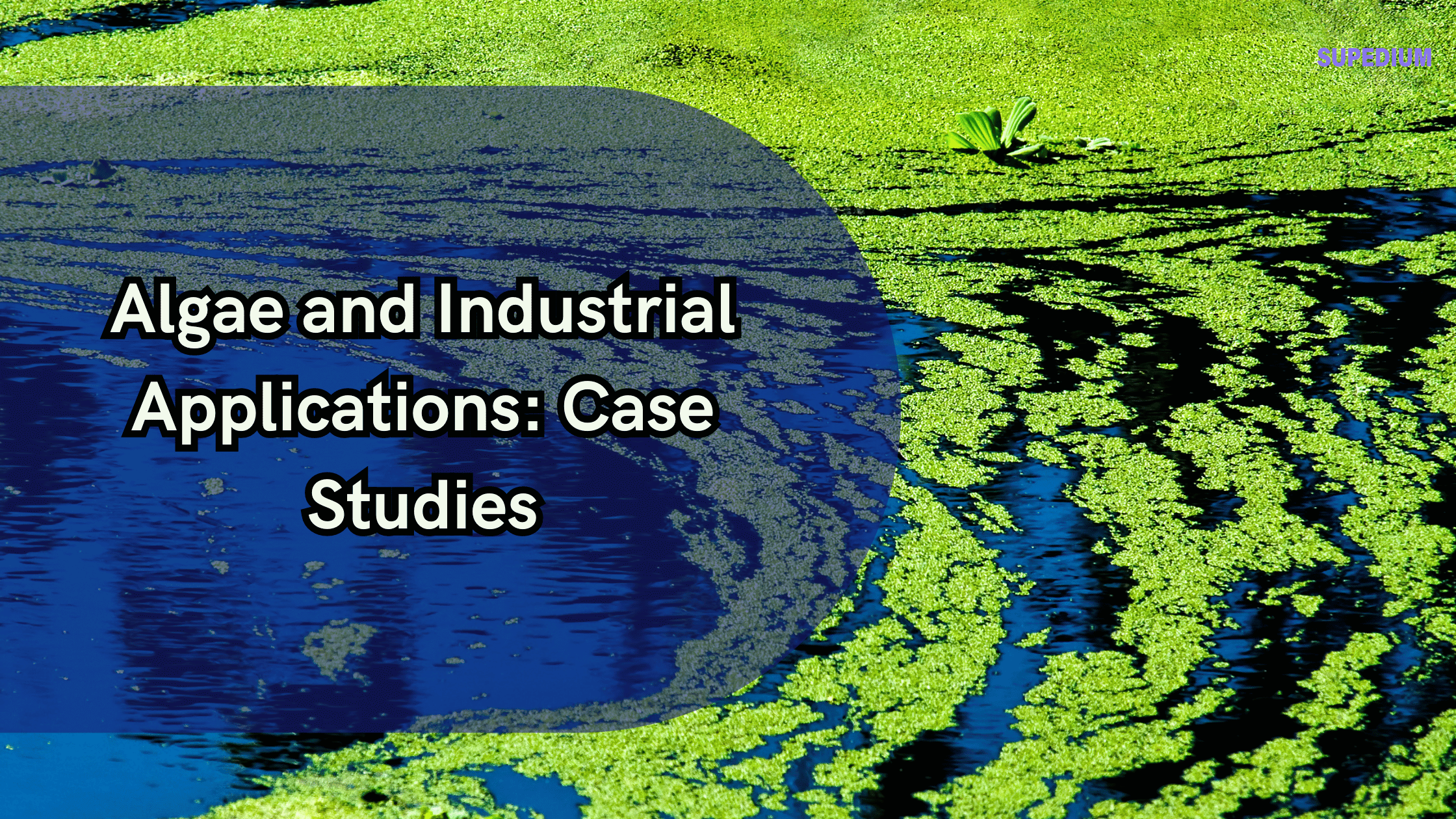Table of Contents
![]()
Ensuring optimal water quality is crucial for maintaining a healthy and thriving aquarium environment. One of the most effective ways to achieve pristine water conditions is by using reverse osmosis (RO) water. This article explores the numerous benefits of using RO water in aquariums, its impact on aquatic life, and practical considerations for aquarium enthusiasts.
What is Reverse Osmosis Water?
Reverse osmosis (RO) is a water purification process that uses a semi-permeable membrane to remove contaminants from water. In RO systems, water is forced through the membrane under pressure, filtering out dissolved solids, impurities, and particles. The result is water that is significantly purer than tap water or even distilled water. Unlike other purification methods, RO systems can remove a broad range of contaminants, including heavy metals, chlorine, and other harmful substances.
Why Water Quality Matters in Aquariums
Water quality is a cornerstone of a healthy aquarium. Poor water conditions can lead to stress, disease, and even death for fish and other aquatic organisms. Factors such as chemical contaminants, fluctuating pH levels, and excess nutrients can disrupt the delicate balance of the aquarium ecosystem. High-quality water is essential for the health of aquatic plants, the stability of the ecosystem, and the overall well-being of all tank inhabitants.
Benefits of Using RO Water in Aquariums
Purity and Clarity
One of the primary benefits of RO water is its high level of purity. RO systems effectively remove:
- Dissolved Solids: This includes heavy metals such as lead and copper, which can be harmful to aquatic life. Additionally, chlorine and chloramines—common in municipal tap water—are also removed. These substances can interfere with the fish’s gill function and disrupt beneficial bacteria.
- Suspended Particles: RO water eliminates organic debris and algae particles, resulting in clearer, more aesthetically pleasing water.
This enhanced purity leads to fewer contaminants and impurities, which can improve the overall health and visual appeal of the aquarium.
Control Over Water Parameters
Using RO water gives aquarium owners greater control over their tank’s water chemistry:
- Customization of Mineral Content: RO water starts with minimal mineral content, allowing hobbyists to tailor the hardness (General Hardness, GH, and Carbonate Hardness, KH) and pH levels to meet the specific needs of their aquatic species. This is particularly important for sensitive species that require stable conditions.
- Consistency in Water Chemistry: RO water helps in maintaining a stable environment by reducing fluctuations in water chemistry. Consistent conditions are crucial for the health and stress levels of fish and plants.
Health Benefits for Aquarium Inhabitants
RO water can lead to improved health and vitality of aquarium inhabitants:
- Reduced Stress on Fish: By minimizing harmful substances and maintaining stable water conditions, fish experience less stress. Stress reduction is vital for preventing diseases and encouraging natural behaviors.
- Enhanced Growth and Breeding: Aquatic plants and animals benefit from the optimal conditions provided by RO water. Plants can grow more robustly, and fish may breed more successfully in a stable, contaminant-free environment.
Improved Long-Term Maintenance
RO water can simplify aquarium maintenance:
- Reduced Algae Growth: By eliminating excess nutrients and pollutants, RO water helps to control algae growth, reducing the need for frequent cleaning and chemical treatments.
- Easier to Maintain Optimal Conditions: With fewer contaminants and stable water parameters, aquarium maintenance becomes more manageable, allowing for more consistent and less labor-intensive care.
Versatility for Different Types of Aquariums
RO water is beneficial for various types of aquariums:
- Freshwater Aquariums: RO water allows for precise adjustment of mineral content to match the requirements of specific freshwater species, whether they thrive in soft or hard water.
- Saltwater and Marine Aquariums: For marine setups, RO water is ideal for mixing with salt to create the desired salinity. It also allows for better control over trace elements and overall water chemistry.
Considerations and Limitations
While RO water offers many benefits, there are some considerations to keep in mind:
- Cost and Setup: Investing in an RO system can be expensive. Additionally, there are ongoing costs associated with filter replacements and maintenance.
- Wastewater Production: RO systems produce wastewater as a byproduct. Strategies to minimize this waste include using it for non-potable purposes or choosing high-efficiency RO systems.
- Potential Need for Remineralization: RO water is extremely pure, which may necessitate adding minerals back into the water to achieve desired hardness and other parameters. Remineralization products are available to address this need.
Practical Tips for Using RO Water in Aquariums
To make the most of RO water, consider the following tips:
- Choosing the Right RO System: Select an RO system with appropriate capacity and filtration stages for your aquarium’s needs. Evaluate cost, efficiency, and reliability when choosing a brand or model.
- Monitoring and Maintaining Water Quality: Regularly test water parameters to ensure they meet the needs of your aquatic life. Adjust mineral levels and other conditions as necessary.
- Integrating RO Water with Other Water Treatments: Combine RO water with dechlorinators, conditioners, and other treatments as needed to maintain optimal water quality. Proper storage and handling of RO water are also important for its effectiveness.
Conclusion
The use of reverse osmosis water in aquariums offers numerous advantages, including enhanced purity, better control over water parameters, and improved health for aquatic life. While there are some considerations regarding cost and water waste, the benefits often outweigh the drawbacks, particularly for serious aquarium enthusiasts. By investing in an RO system and following best practices for water management, you can create a healthier, more stable environment for your aquatic friends.
Share This





Be the first to comment